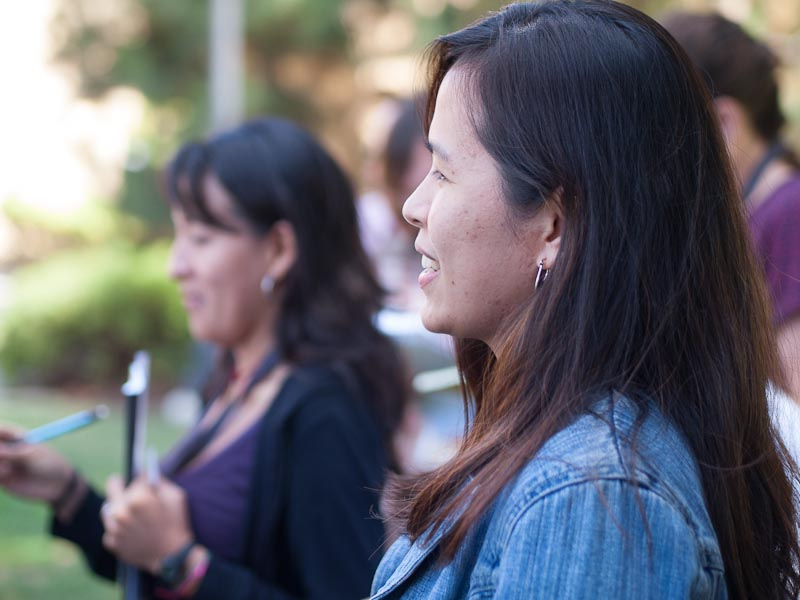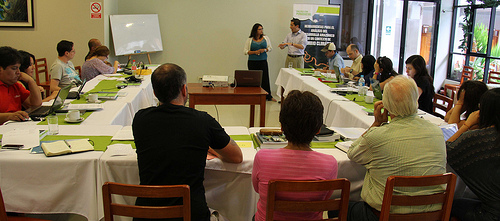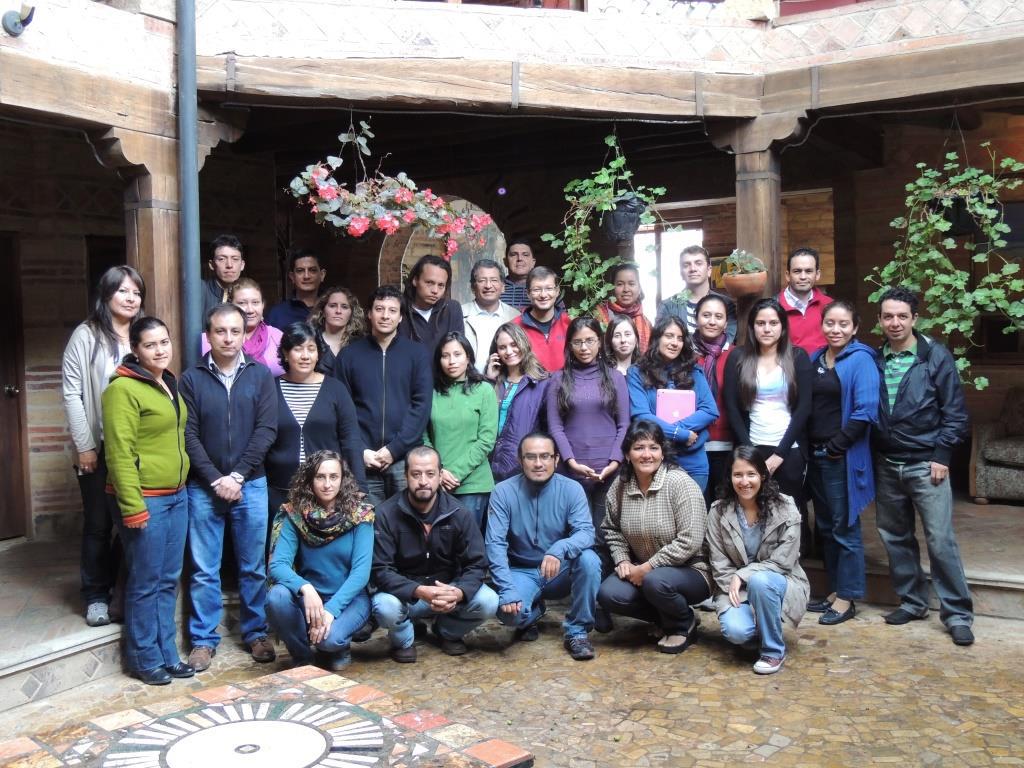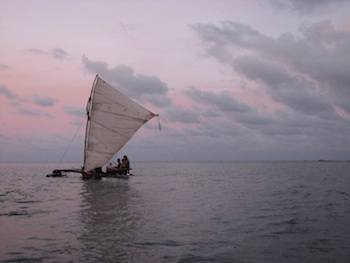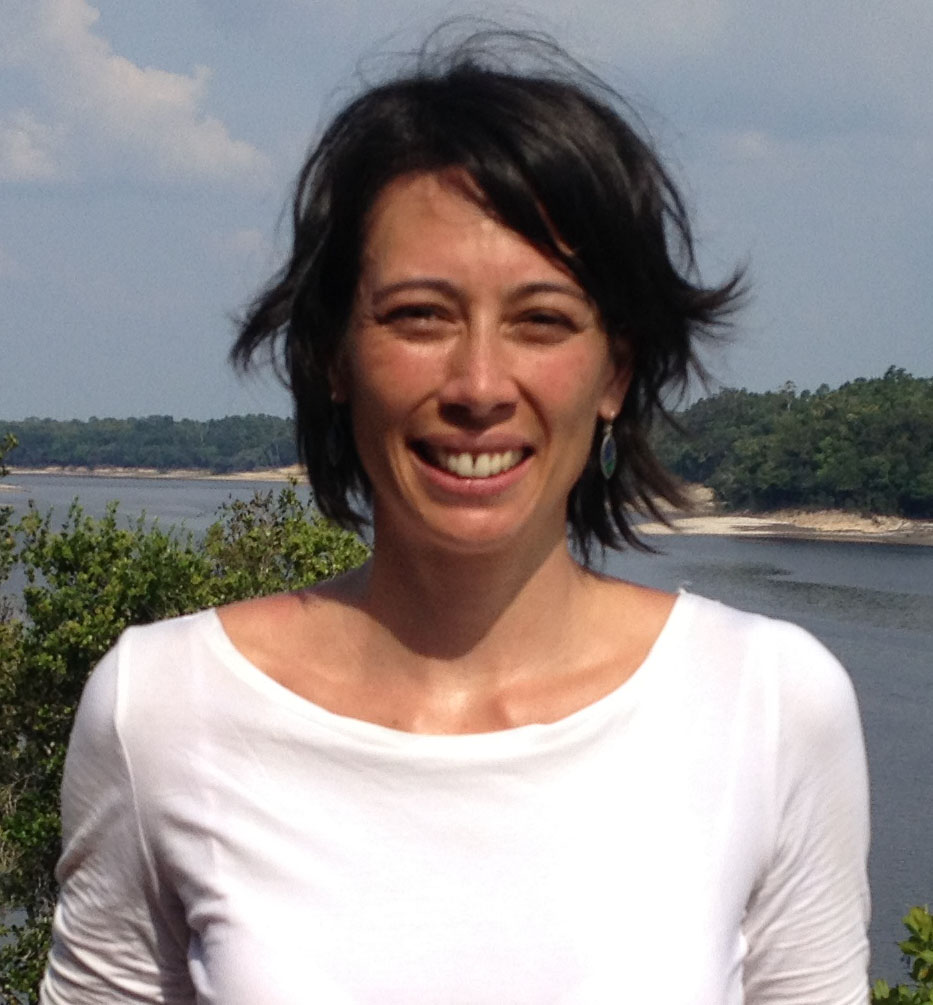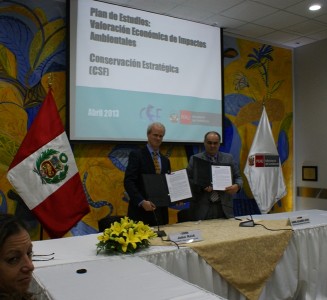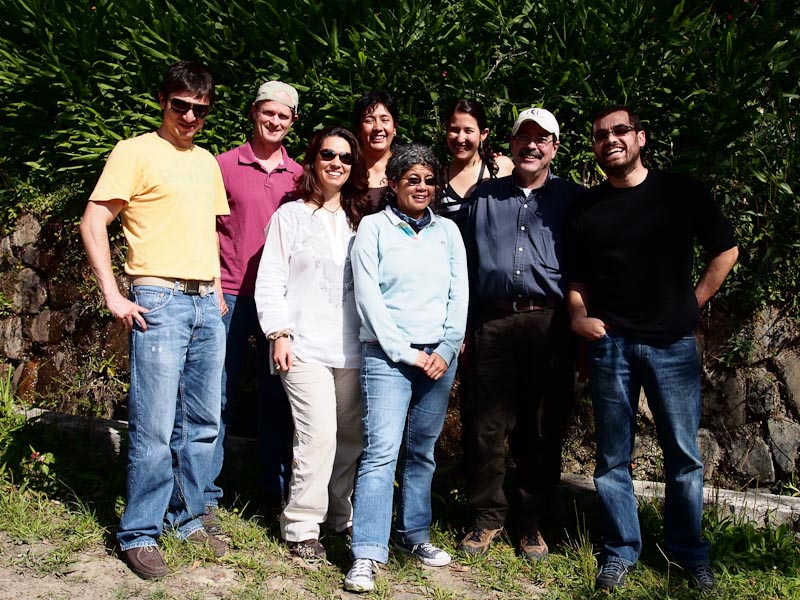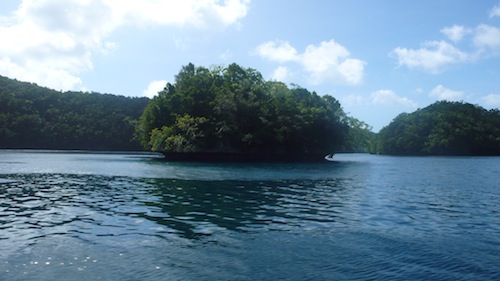News
The Gordon and Betty Moore Foundation awarded a grant of $256,000 this month to support CSF's Conservation Economics Initiative. The CEI is a CSF-Duke University effort to spread the effective use of conservation economics to benefit natural ecosystems. Moore's support, along with funds from the John D. and Catherine T. MacArthur Foundation, will be used to set up local hubs where CSF-style conservation economics courses can be delivered by our own course graduates. The CEI will also take CSF's deep in-person training know-how and transform it into online teaching resources to make sure that more conservationists learn the economic essentials and that our students have knowledge at their fingertips when they need it.
Journalists and environmental experts from Bolivia, Peru, Ecuador, Colombia, and Brazil recently participated in the Amazon Dialogue for Journalists in Puerto Maldonado, Peru. The goal of the meeting was to provide analysis tools to participating journalists on the value of biodiversity and ecosystems management. Journalists were exposed to information on issues surrounding large infrastructure projects, economic tools and incentives for conservation, and food, water and energy security in the Amazon. They were connected to experts in the field and were able to exchange ideas on how effective communication can lead to better decision-making.
In May, I had the opportunity attend CSF’s Economic Tools for Conservation training course in Colombia. This course specifically focused on Payments for Ecosystem Services (PES) as a tool for conservation.
In April I had the unique opportunity to facilitate a one-week scenario-building workshop on the beautiful island of Yap in the Western Pacific. Yap is one of four states in the Federated States of Micronesia (FSM), and lies in the far western part of the Pacific Ocean, close to Guam and Palau. We were invited by the Yap State Chamber of Commerce, who is working to guide and support Yap’s development amidst a sea of uncertainty and change. One of the Chamber’s members, Berna Gorong, attended our Economic Tools for Conservation in Micronesia in Pohnpei in March of 2012.
CSF welcomes Susan Edda Seehusen, our new Executive Director of CSF-Brasil. Since May 2013 she has been working in CSF-Brasil's new office in Rio de Janeiro. She brings to the team five years of experience with German development cooperation organizations (GFA Consulting Group, GIZ and KfW), where her work focused on natural resource management in tropical forest regions, economic instruments for environmental protection, payment for ecosystems services and the economics of ecosystems and biodiversity.
On April 29, CSF signed a convenio marco - an umbrella collaboration agreement - with Peru's Ministry of Environment (MINAM). For more information about this exciting partnership, click below:
http://www.minam.gob.pe/index.php?option=com_content&view=article&id=24…
People, Roads, and Gorillas in Southwestern Uganda
Two new exciting opportunities could give you the chance to be a part of the equation saving millions of acres worldwide.
I am pleased to write an update on the activities and conservation initiatives that I have been working on after attending Conservation Strategy Fund’s 2012 course, Economic Tools for Conservation, in Stanford, CA.
February was a month of non-stop travel for me. Having just started working with CSF I got shipped off on a whirlwind tour of Micronesia and Bali. Not a bad start I suppose!

